Endurance athletes love a challenge, and reflexively gravitate towards harder workouts and higher volumes in their training. But for most athletes, this isn’t the most productive or sustainable path. Is a high-volume training plan right for you?
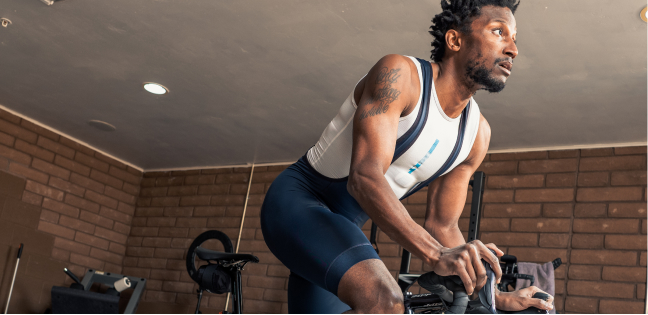

Endurance athletes love a challenge, and reflexively gravitate towards harder workouts and higher volumes in their training. But for most athletes, this isn’t the most productive or sustainable path. Is a high-volume training plan right for you?
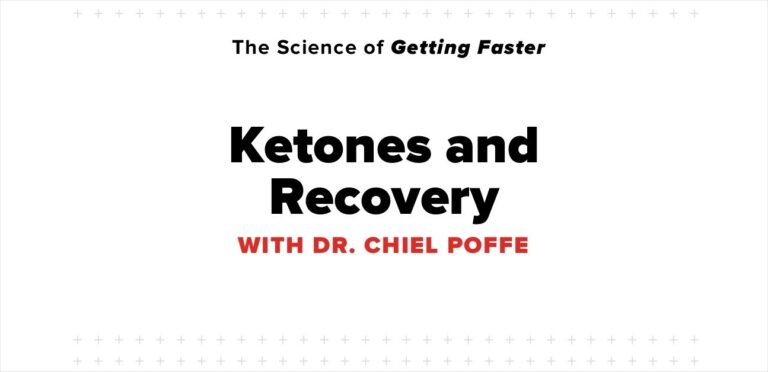
Exogenous ketone esters are a hot topic in cycling. In our second conversation with Dr. Chiel Poffe, we learn about his research into using ketone esters to benefit recovery from high-volume training.

While cyclists need training stress to promote physical adaptations, too much of it can have the opposite effect. A prolonged period of insufficient recovery and excess training stress can lead to non-functional overreaching, and ultimately to overtraining syndrome.
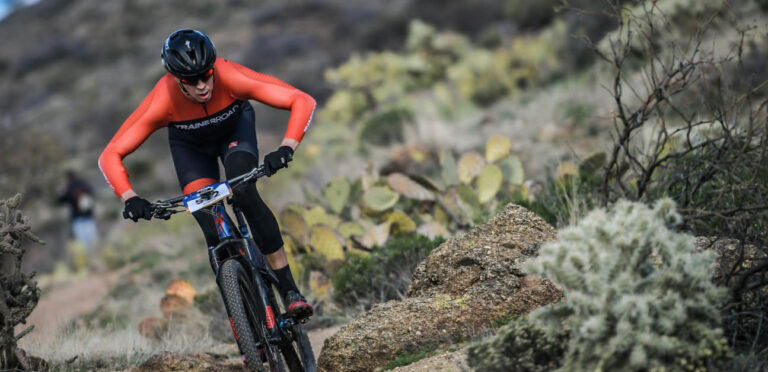
From professional racers to absolute beginners, TrainerRoad employees include cyclists of all abilities and experience levels. Collectively, we’ve learned a whole lot about using TrainerRoad to get faster, so we asked our employee athletes their favorite lessons they’ve learned along the way.
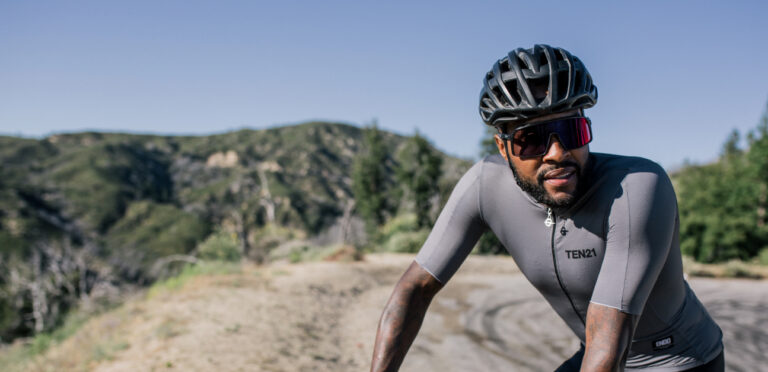
Are recovery drinks necessary if you are already topped off on carbohydrate, how to recover from overtraining, why stage races may be the best races to start with for beginners and much more in this episode of the Ask a Cycling Coach Podcast.
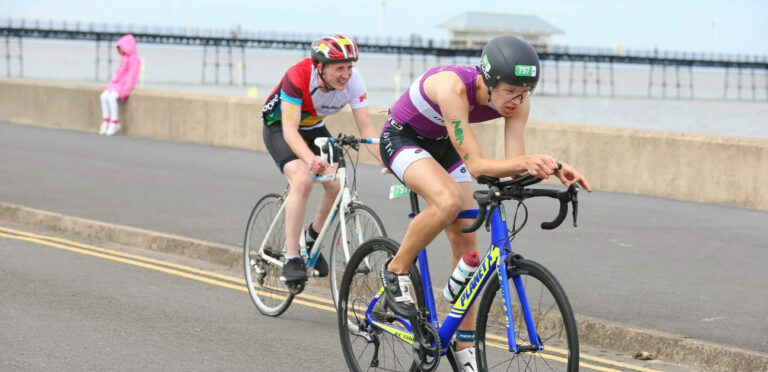
Triathlete Jamie Berry’s promising race results told one story, but stagnating progress and constant fatigue told another. Jamie’s journey to better health is a lesson in proper recovery and fueling.
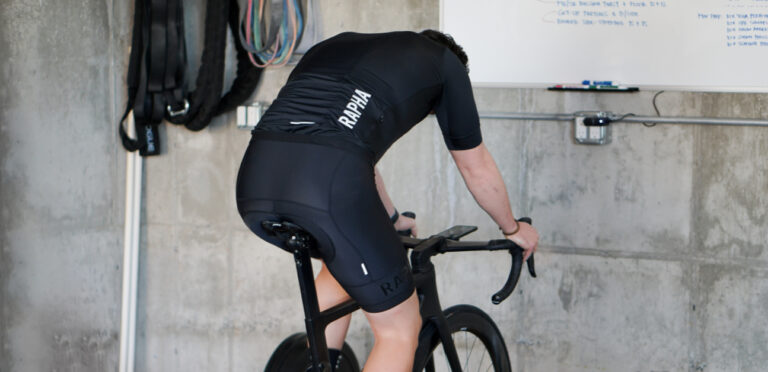
It might seem logical that more training makes you faster, but big volume and intensity can sometimes do more harm than good. The minimum effective dose of training strikes a healthy balance, ensuring consistent improvement over the long term.
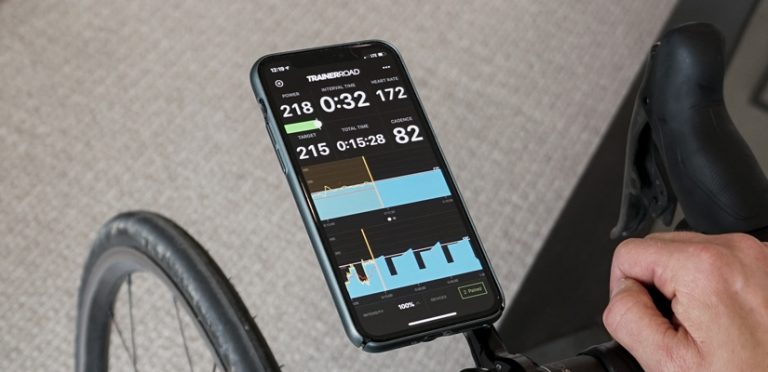
Every athlete deals with changes in motivation. However, when dealing with canceled events or personal setbacks, low motivation can threaten to derail your training. You can keep your training on track with these tips for finding motivation for tough workouts.
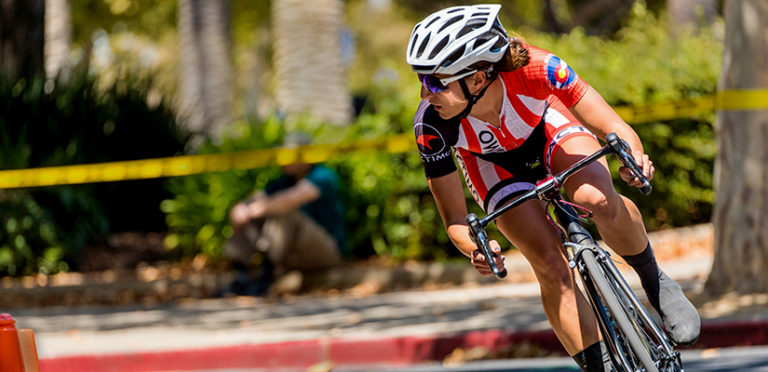
Getting faster on low volume training, pro tips for racing as a solo rider, maintaining proper hydration and more is all covered in Episode 241 of The Ask a Cycling Coach Podcast.
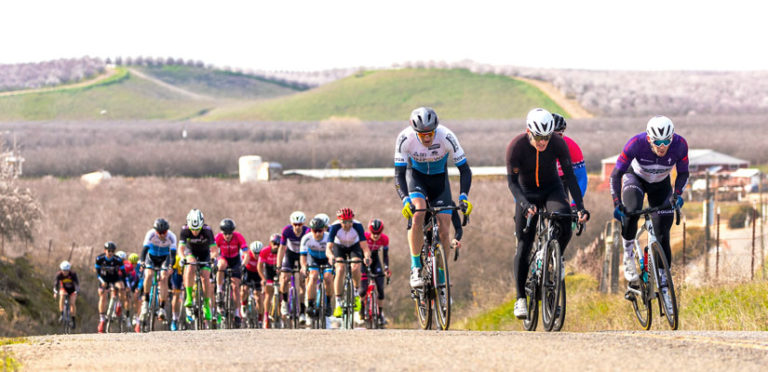
Tune in for Episode 223 of the Ask a Cycling Coach Podcast where we will be discussing the cost of climbing out of the saddle, elevation’s effect on training and recovery, how to manage over-training and much more.